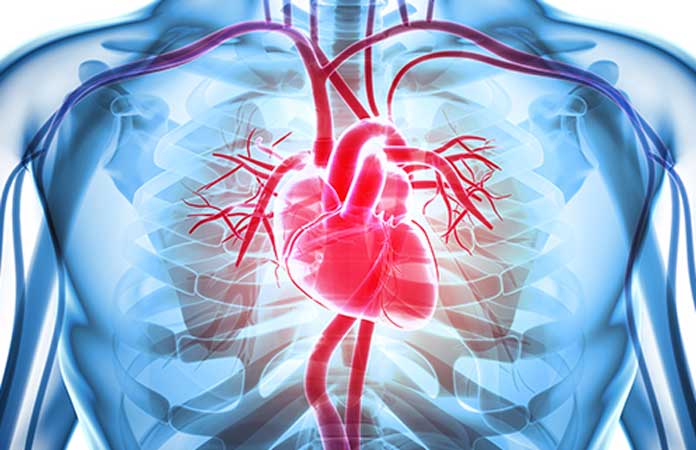What Is Sinus Tachycardia?
Sinus tachycardia is a condition in which the heart rate is higher than normal, usually exceeding 100 bpm (beats per minute). The sinoatrial node, also known as sinus node, is a group of electrical cells located in the right upper chamber of our heart. They are responsible for transmitting electrical impulses to other tissues, which trigger the contraction of the heart. Sinus tachycardia occurs when these cells do not function normally. Instead, they send electrical signals at a quicker rate, making the heart beats faster. This would increase the risk of heart disease and other cardiovascular issues. [1]










